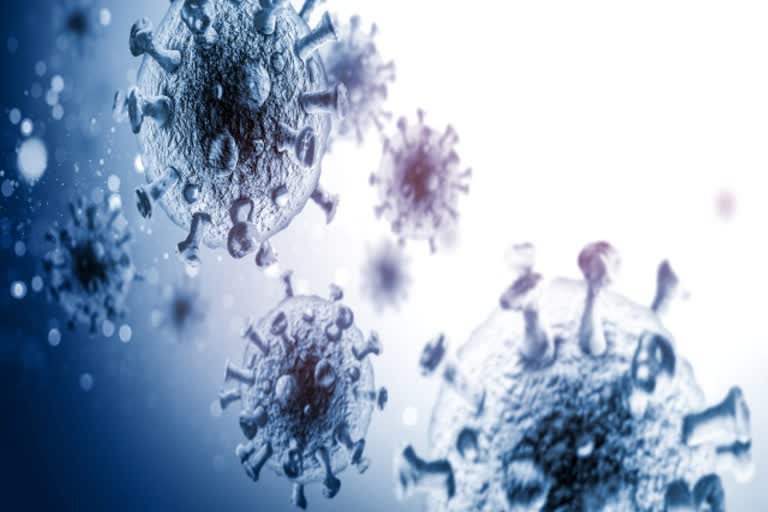The report is based on clinical surveillance data from 37 countries regarding the risk of poor COVID-19 outcomes in people living with HIV (PLHIV) admitted to the hospital for COVID-19.
It found that the risk of developing severe or fatal COVID-19 was 30% greater in PLHIV compared to people without HIV infection.
Underlying conditions such as diabetes and hypertension are common among PLHIV. Among male PLHIV over the age of 65 years, diabetes and hypertension were associated with an increased risk of more severe and fatal COVID-19. These conditions are known to put people at increased risk of severe disease and death.
This highlights the need for PLHIV to stay as healthy as possible, regularly access and take their ARV medications and prevent and manage underlying conditions. This also means that people living with HIV – independent of their immune status - should be prioritized for vaccination in most settings. An informal WHO poll revealed that out of 100 countries with information, 40 countries have prioritized PLHIV for COVID-19 vaccination.
The analysis is informed by data from WHO’s Global Clinical Platform for COVID-19, which collects individual-level clinical data and characterizes COVID-19 among individuals hospitalized with suspected or confirmed SARS-CoV-2 infection around the globe.
HIV continues to be a major global public health issue, having claimed 34.7 million lives so far. To reach the new proposed global 95–95–95 targets set by UNAIDS, countries need to redouble efforts to avoid increasing HIV infections due to HIV service disruptions during COVID-19 thereby slowing down the public health response to HIV.
People living with HIV might have more severe clinical complications than those who are HIV-negative, said a study compiled by the renowned global medical journal The Lancet. “Moreover, the COVID-19 pandemic has disrupted HIV prevention and treatment services worldwide, creating huge challenges to the continuity of essential activities. We have reviewed the most relevant features of COVID-19 in people living with HIV and highlighted topics where further research is required,” said the study.



